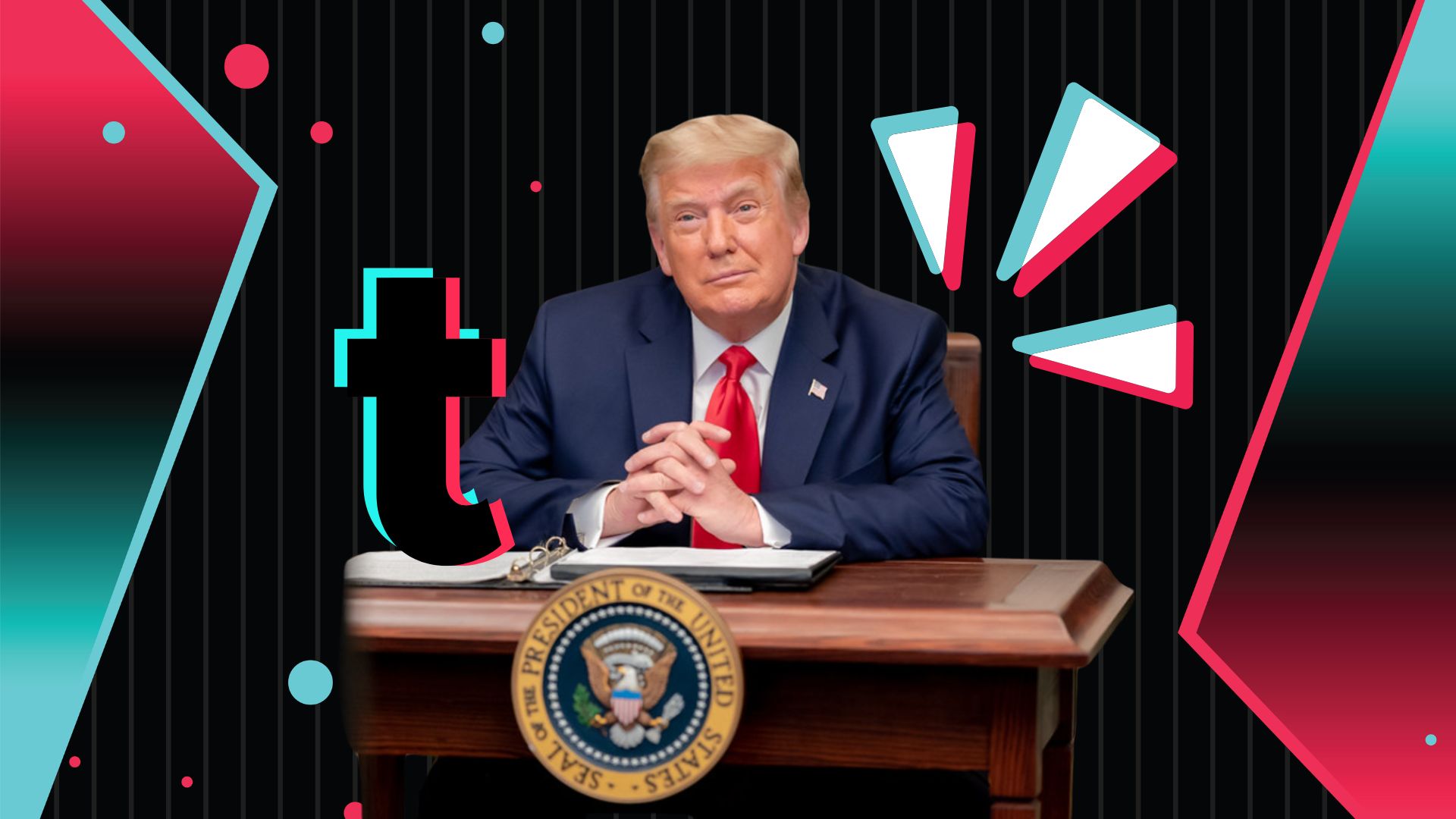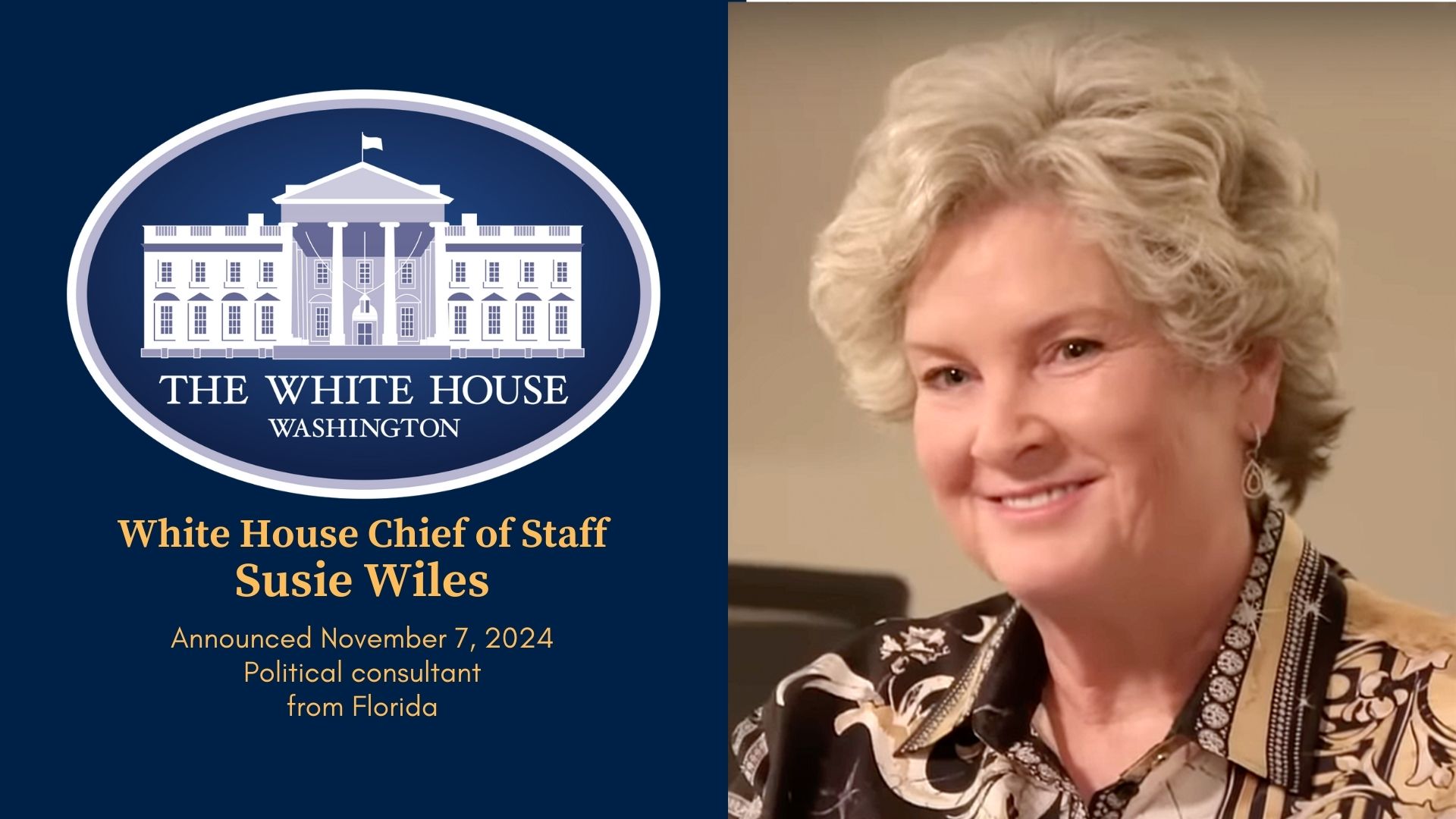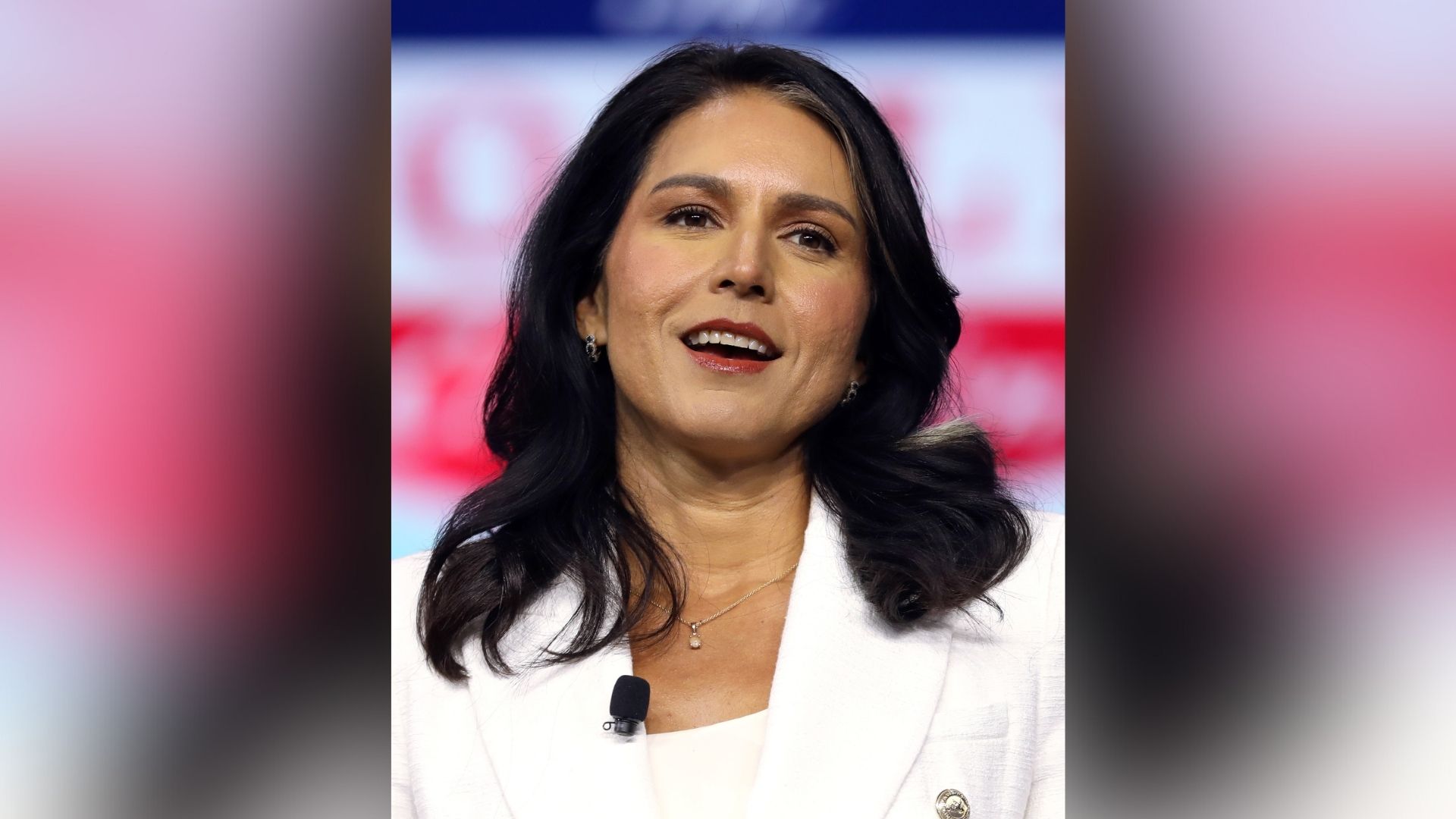Washington, D.C. — On January 21, 2025, President Donald Trump issued an executive order delaying the enforcement of the Protecting Americans from Foreign Adversary Controlled Applications Act (“the Act”) as it applies to TikTok, the popular video-sharing platform owned by the Chinese company ByteDance Ltd. The delay extends the enforcement timeline by 75 days, providing the administration time to review national security concerns and explore potential resolutions.
The Act, which went into effect on January 19, 2025, prohibits the distribution, maintenance, or updating of foreign adversary-controlled applications such as TikTok within the United States. This legislation was passed under the premise of safeguarding national security by limiting foreign influence over U.S. data and digital platforms.
Key Provisions of the Executive Order
Trump’s executive order directs the Attorney General to refrain from enforcing the Act until April 5, 2025, giving the administration time to assess TikTok’s potential threats to national security and evaluate mitigation measures already taken by ByteDance. It also ensures that no penalties will be imposed for actions related to the platform during the delay period or prior to the executive order’s issuance.
According to Trump, the timing of the Act’s implementation—one day before he assumed office as the 47th President of the United States—hindered his ability to analyze its implications fully. “An abrupt shutdown of the TikTok platform without careful consideration of its national security implications would disrupt millions of American users,” Trump stated, emphasizing the need for an orderly approach.
The order also reaffirms the exclusive authority of the federal government in enforcing the Act, explicitly preventing states or private entities from taking enforcement actions.
Background: A Long-Standing Debate on TikTok’s Security Risks
Concerns surrounding TikTok’s data privacy and potential misuse by the Chinese government are not new. The Trump administration first attempted to ban TikTok and another Chinese-owned app, WeChat, in 2020, citing national security risks. However, these efforts were stalled by legal challenges, and the bans were never implemented. During the Biden administration, efforts to regulate TikTok continued, with the passage of the Act in 2024, solidifying bipartisan concerns over foreign-controlled digital platforms.
Prominent lawmakers like Senator Josh Hawley (R-MO) have championed banning TikTok, labeling it a “trojan horse” for the Chinese Communist Party. Similarly, Senator Marco Rubio (R-FL) and Representative Mike Gallagher (R-WI) have raised alarms over TikTok’s potential to manipulate information and influence U.S. citizens. This bipartisan momentum pushed the Act through Congress.
Agencies and Business Interests at Play
Several federal agencies, including the Federal Trade Commission (FTC) and the Federal Communications Commission (FCC), have scrutinized TikTok for its data privacy practices. The FTC has focused on TikTok’s handling of user data, while the FCC has flagged risks associated with foreign ownership of a platform used by over 170 million Americans.
At the same time, TikTok’s vast user base and influence on American culture have created significant business and political challenges. The platform’s economic impact, particularly on U.S. advertisers and content creators, further complicates the debate.
Implications of the Delay
The executive order provides ByteDance an opportunity to propose measures addressing national security concerns. Potential solutions could include stricter data protections or the sale of TikTok’s U.S. operations to an American company, an idea previously discussed under both the Trump and Biden administrations.
If sufficient measures are not implemented, the Act’s enforcement could still lead to TikTok’s ban in the U.S., potentially sparking backlash from its massive user base and further straining U.S.-China relations.
Future Considerations
With the clock now ticking until April 5, 2025, the administration faces pressure to strike a balance between national security and the interests of TikTok’s millions of American users. Lawmakers, federal agencies, and private stakeholders are all vying for influence, making the platform’s future uncertain.
The coming months will determine whether TikTok can survive the U.S. regulatory landscape or become the first major casualty of the Protecting Americans from Foreign Adversary Controlled Applications Act.




